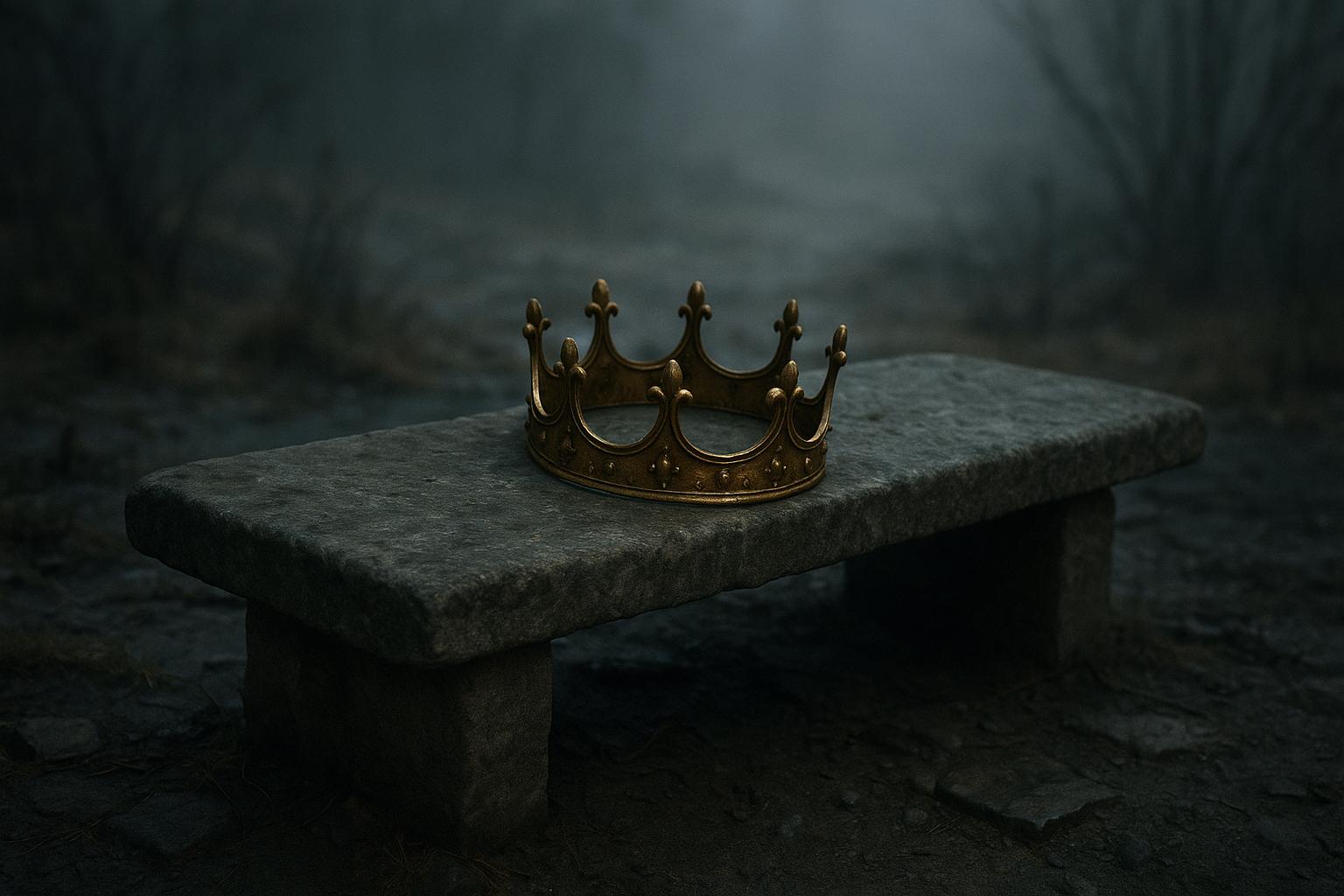In a significant and unprecedented move, King Charles III has stripped his brother, Prince Andrew, of all remaining royal titles and honours, including his hereditary title of Prince. The order also includes Andrew’s eviction from his long-time residence at Royal Lodge near Windsor Castle, requiring him to relocate to the Sandringham Estate. Buckingham Palace issued a formal statement emphasising that while Andrew continues to deny allegations linking him to the late convicted sex offender Jeffrey Epstein, the decision was necessary to preserve the integrity and dignity of the monarchy. The royal family also expressed ongoing sympathy and support for all victims and survivors of abuse, underscoring the gravity of the matter. Andrew will now be formally known as Andrew Mountbatten Windsor, shedding his royal privileges. However, his daughters retain their royal status.[4][3]
This decisive action by King Charles followed renewed public and parliamentary scrutiny sparked by the release of Virginia Giuffre’s posthumous memoir, which detailed grave accusations of forced sexual encounters with Andrew during her teenage years. Despite Andrew’s consistent denials of any wrongdoing, newly surfaced evidence including emails from his official address and a controversial photograph with Giuffre heightened the controversy. The move to strip Andrew of his titles and relocate him from Windsor reflects a firm stance by the monarchy to isolate him and distance the institution from his scandal, which has long been a source of public embarrassment domestically and abroad. Royal historians observe that this marks an extraordinary and historic moment in modern royal history.[3][1]
The King’s decision has attracted support from some monarchists who view it as a necessary act to uphold the values and dignity of the royal family. Anita Atkinson, a lifelong monarchist and owner of a vast collection of royal memorabilia, expressed understanding of the need to punish Andrew for his actions, acknowledging the duty that comes with royal birth to maintain the institution’s esteem. She dismissed republican calls for abolition and described the moment as pivotal in royal history, highlighting the monarchy’s efforts to preserve its relevance and honour.[2]
Despite the King's resolve, it appears unlikely that Andrew will retreat quietly into obscurity. Calls continue from the United States for further legal accountability tied to his alleged involvement in organised sexual abuse. His situation remains a live issue in the public eye, potentially drawing more attention and complications for the royal family. Notably, Andrew’s relocation to Sandringham, while a form of internal exile, still affords him a rent-free existence on a large country estate, a circumstance that may invite mixed public reactions.[1][3]
This royal saga unfolded against a backdrop of other political controversies, notably within the UK government. Treasury Chief Rachel Reeves, under fire for renting out a London property without the required licence, recently issued a public apology for breaching rental regulations—a misstep that drew criticism amidst an already challenging economic landscape. Prime Minister Keir Starmer, under pressure to maintain governmental stability ahead of an upcoming budget announcement, defended her and opted against disciplinary action. However, questions persist about her credibility, with reports of embellished credentials and plagiarism further denting trust. Her upcoming budget is anticipated to raise taxes significantly, which critics believe will worsen the financial strain on families and businesses. The episode mirrors broader concerns about ethical lapses within Labour’s leadership, complicating the political environment as the monarchy grapples with its own challenges.[1][5]
In summary, the removal of Prince Andrew’s royal status by King Charles III underscores a critical effort by the monarchy to draw a line under one of its most damaging scandals. While intended to protect the monarchy’s reputation, the aftermath of this decision will be closely watched, as legal debates and public scrutiny continue. Meanwhile, the UK government faces its own tests of accountability and trust as it prepares for imminent economic decisions amid internal controversy.[1][4][5]
📌 Reference Map:
- Paragraph 1 – [4] (AP News), [3] (Time)
- Paragraph 2 – [3] (Time), [4] (AP News), [1] (Daily Mail)
- Paragraph 3 – [2] (Reuters), [1] (Daily Mail)
- Paragraph 4 – [1] (Daily Mail), [3] (Time)
- Paragraph 5 – [1] (Daily Mail), [5] (AP News)
- Paragraph 6 – [1] (Daily Mail), [4] (AP News), [5] (AP News)
Source: Noah Wire Services
